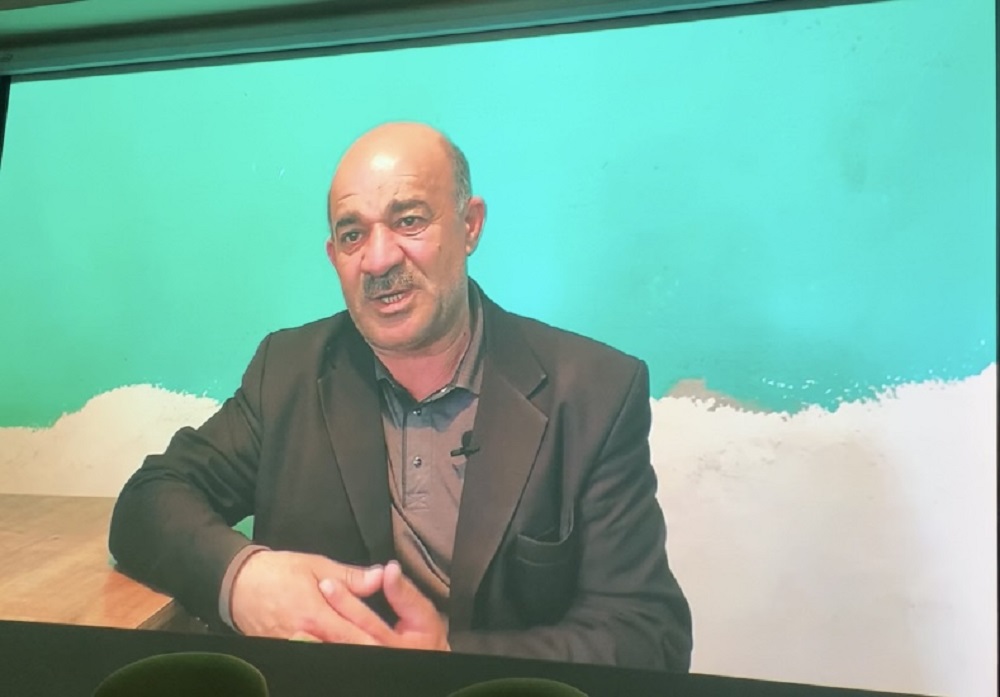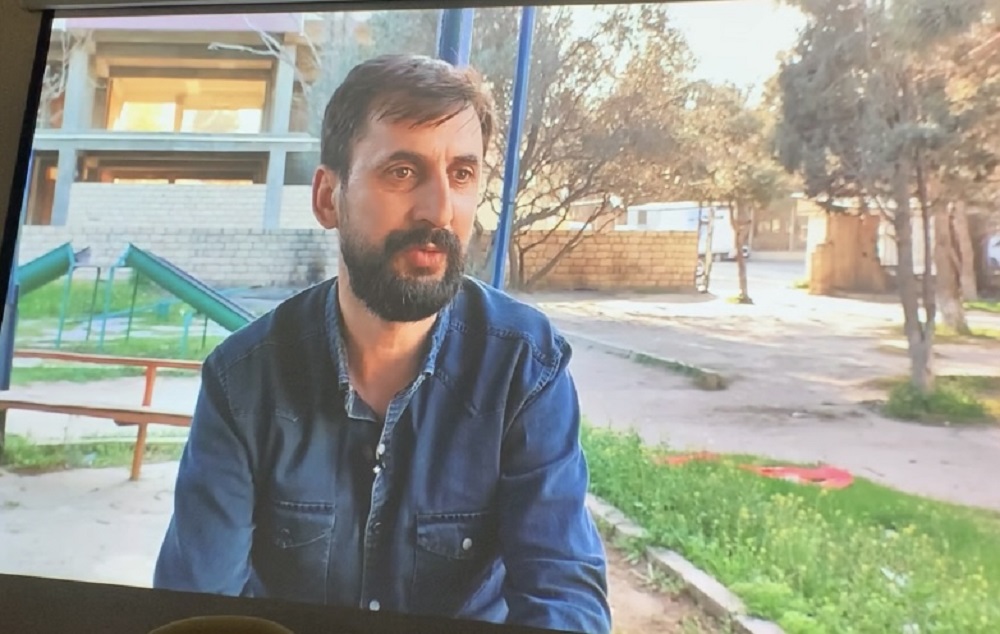Living with stigma: problems of formerly incarcerated people in Azerbaijan
Problems of ex-prisoners in Azerbaijan
“I lost my job, I lost my family”, “I earn 80 manats a month, but I have to pay 150 manats for an apartment”… This is what people who had to serve a term in prison in Azerbaijan face upon being released. They feel the “stigma” of a former criminal throughout their lives.
Despite the fact that the law on the reintegration of prisoners was adopted back in 2007, in reality it does not work.
- ‘Not a Gulag’: Russian prison administration calls for penal servitude to replace migrant labour
- Crimeans are dying in Russian prisons
- Azerbaijani Ombudsman denies death of political prisoner. New reports of torture in prisons. Updated
“Forced to borrow money from relatives and friends”
According to one of the former prisoners, although he managed to find a job after his release, his monthly salary is only 80 manats [approximately $47]. This is only one third of the legal minimum wage in Azerbaijan.

But earning 80 manats a month, he has to pay 150 manats [approximately $88] for an apartment:
“I have to borrow money from relatives and friends. I applied to many institutions, but no one is hiring me. I can’t carry on like that, I despise myself for living”.
Another unnamed former prisoner is suffering from neurological problems after losing his family and job:
“I lost my job, I lost my family. But the main problem after release is my mental state.
I suffer from panic attacks because I stayed in a confined space for a long time. I’m suffocating, I can’t stay alone in dark rooms, I’m afraid”.
Many choose to remain silent
“While talking to former prisoners, I always get upset. It is difficult to convince them that you are really trying to convey the problems of these people to society, that you want to help them, that you want to break stereotypes.
People are isolated from society, they are in a hopeless situation, many have been turned away by their families while they were in prison. There are even those who have lost their sight from a mental breakdown.
The wife of one said that she herself did not eat anything, trying to get bread for her husband, who could not find a job. And the man suffers, he cannot provide his family even with the bare minimum necessary. There is nothing more shameful for an Azerbaijani man.
I was ashamed because I am also a part of this society. I am a journalist, I have to cover problems, but I can’t really help them with anything else.
One of the former prisoners worked as a cleaner for two months, but at the end they did not pay him a salary, and no one stood up for him.

There is a very heavy stigma attached to former prisoners. It means nothing to people that these people have already served their sentences”.
These are the words of the journalist Elmaddin Shamilzade, the director of the film, created within the framework of the “Get Free from Stereotypes” project. He noted while filming he talked with 15 former prisoners, but only two of them agreed to share their problems on camera.
Ex-prisoners don’t really believe they’re not being used for ratings. Many prefer to remain silent.
“The law has been passed, but…”
Lawyer Zibeyda Zakariyayeva says that back in 2007, Azerbaijan adopted a law on the social adaptation of persons released from correctional facilities.
“The law provides for direct state assistance in carrying out reintegration of persons released from penitentiary facilities.
According to the law, negotiations are held with prisoners three months before release, a list of problems that concern them is drawn up, and these issues are sent to the appropriate institutions.
The main problem is unemployment. For former prisoners, this is the first point among the issues that need to be addressed. They must be registered as unemployed.
Despite the fact that the law was passed 15 years ago, former prisoners still face these difficulties.
Statistics show that at the moment, the majority of people in penitentiary facilities are repeat offenders. The reason for this is the difficulty of adaptation after imprisonment. Many are forced to commit crimes due to lack of work.
The law has been passed, but it does not work. There is a plan of action, but it does not work. It is necessary to create social adaptation centers”, says the lawyer.
“Our society lacks empathy”
According to social worker Elmir Valehli, prisoners, both in correctional institutions and after their release, have to live with the problem of “stigma”. This manifests itself in everything – when trying to find a job, start a family, make friends, etc.
“Young people are stigmatized by their own relatives, parents, and they are forced to live with this trauma. Empathy is very poorly developed in society”, Valehli says.
“People don’t understand that they have already served their sentence”
Clinical psychologist Tahmasib Jabrayilzade claims that prisoners experience severe stress both at the time of arrest and at the time of release:
“I work in a correctional facility. We try to help those who are soon to be released.
A person, because of some mistake, goes to prison, and serves their sentence for several years, isolating them from society. But after their release, people cannot understand that they have already paid their debt to society.
Many of the former prisoners suffer from panic attacks. This a condition which appears once and stays with a person for a long time. We sometimes have to work with such patients for years in order to cure them. And for those who refuse medical care, the condition only worsens”.


















